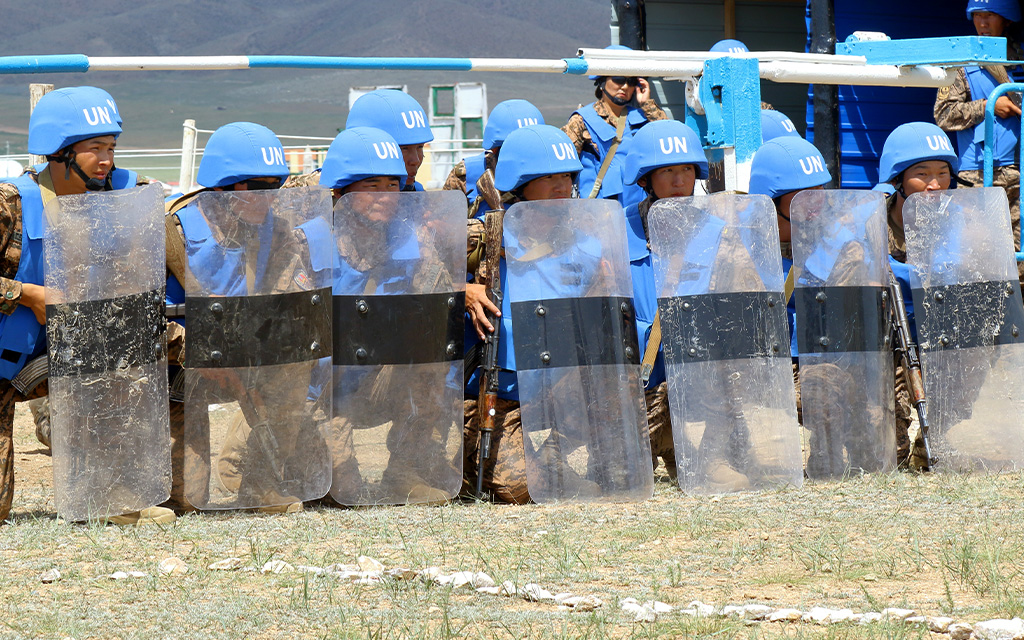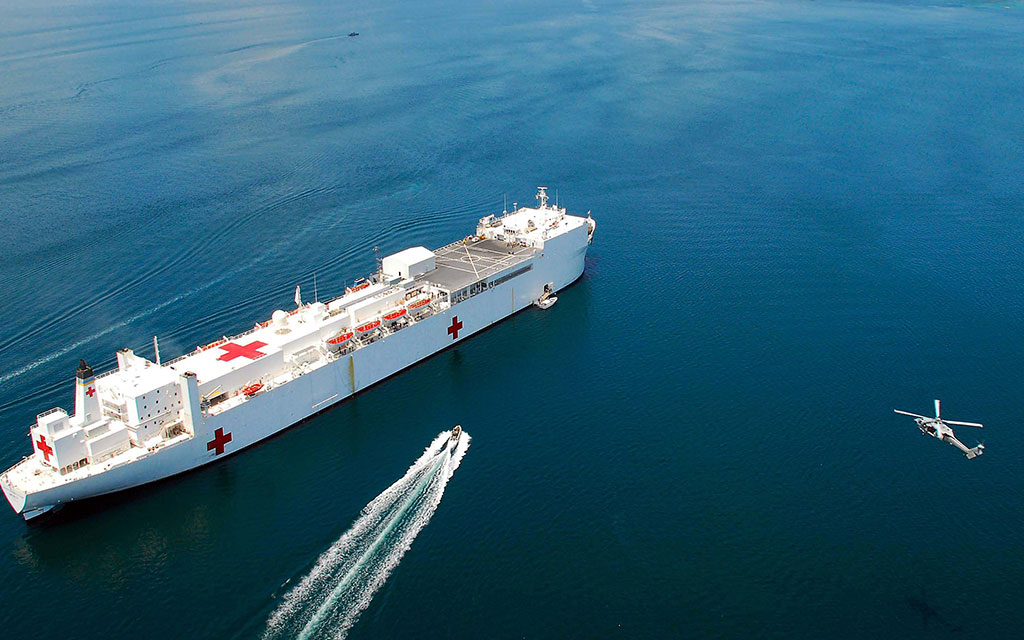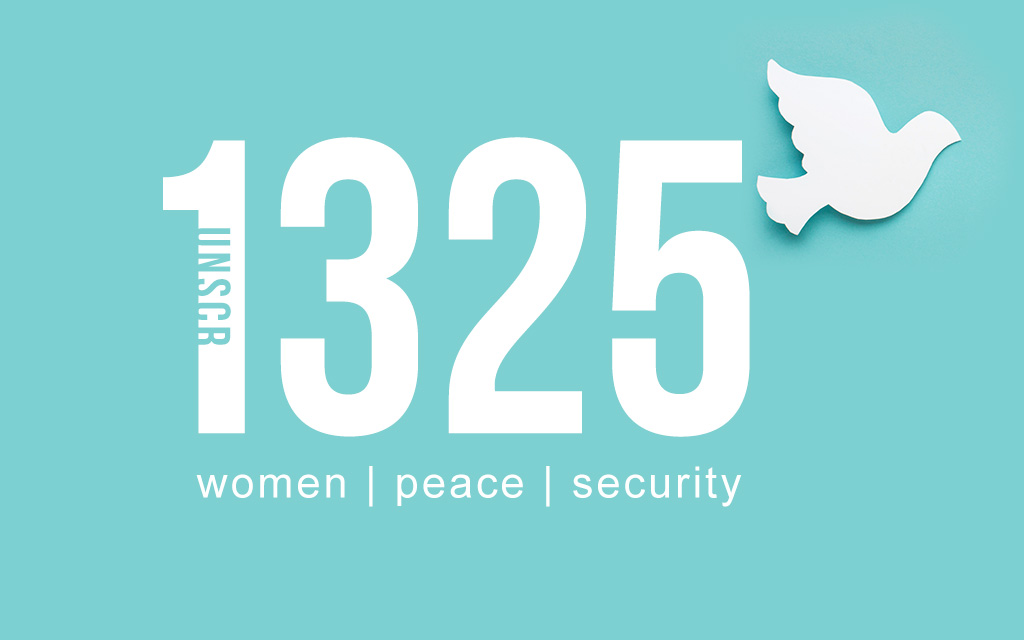Mongolian Sand and Dust Storms’ Impacts on Asia-Pacific Environmental Security
“Mongolian Sand and Dust Storms’ Impacts on Asia-Pacific Environmental Security” is the latest research paper for Security Nexus, DKI APCSS’ academic journal. The author, Dr. J. Scott Hauger, is an environmental expert and former faculty member at DKI APCSS. According to his research, although sand and dust storms are familiar phenomena in Northeast Asia, extreme storm events in recent years have a strong impact on issues related to human security, including food, health, and infrastructure. Because major sand and dust storms do not adhere to national boundaries, countries in the region need to cooperate in preparing for their impact and [...]















